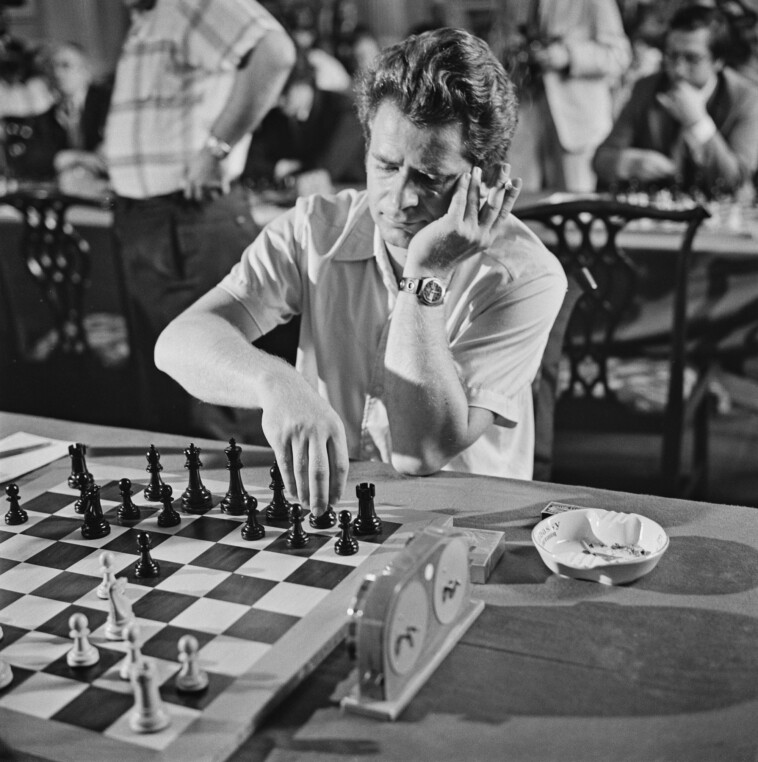Boris Spassky, legendary Russian chess player and the 10th World Chess Champion who rose to international fame in the 1972 “Match of the Century” against American Bobby Fischer, died Thursday in Moscow at age 88.
The icon’s death was announced by the Russian Chess Federation, who mourned the loss of one of the 20th century’s most influential chess players.
“A great personality has passed away; generations of chess players learned and continue to learn from his games and work. A great loss for the country,” Andrei Filatov, president of the Russian Chess Federation said in a statement to Russian outlet Tass.
His cause of death was not announced. Spassky had been confined to a wheelchair since suffering a debilitating stroke in 2010.
Arkady Dvorkovich, president of chess’ governing body FIDE, called Spassky “one of the greatest players of the Soviet era and the world” and a “true gentleman,” in a statement issued Thursday.
Spassky, born in the Soviet Union’s Leningrad — now St. Petersburg, became chess World Champion in 1969, becoming the face of the daunting Russian chess machine.
He famously defended his title against American Bobby Fischer in the “Match of the Century” in 1972 — a match which, played at the height of the Cold War, became a cultural proxy battle between the US and Soviet Russia.
Fischer’s well-documented histrionics during the match — including showing up several days late, forfeiting a game in protest of television cameras, and demanding a venue change before game three — famously had zero effect on Spassky, who was known for his unfazed, though good-natured demeanor.
Spassky lost the best-of-24 match to Fischer by a score of 8.5 to 12.5.
The pair staged a rematch in 1992 due to widespread public interest. Fischer won that match 10-5, with the pair drawing 15 games.
In 1976, the Russian household name emigrated to France, obtaining citizenship in 1978. Spassky, a one-time player for the Soviet Union, would represent France in three World Chess Olympiads.
In 2012, Spassky returned to Russia, regaining his citizenship in 2013.
Spassky was known in the chess world for having a “universal style” — comfortable playing both positionally and tactically, aggressively or patiently.





